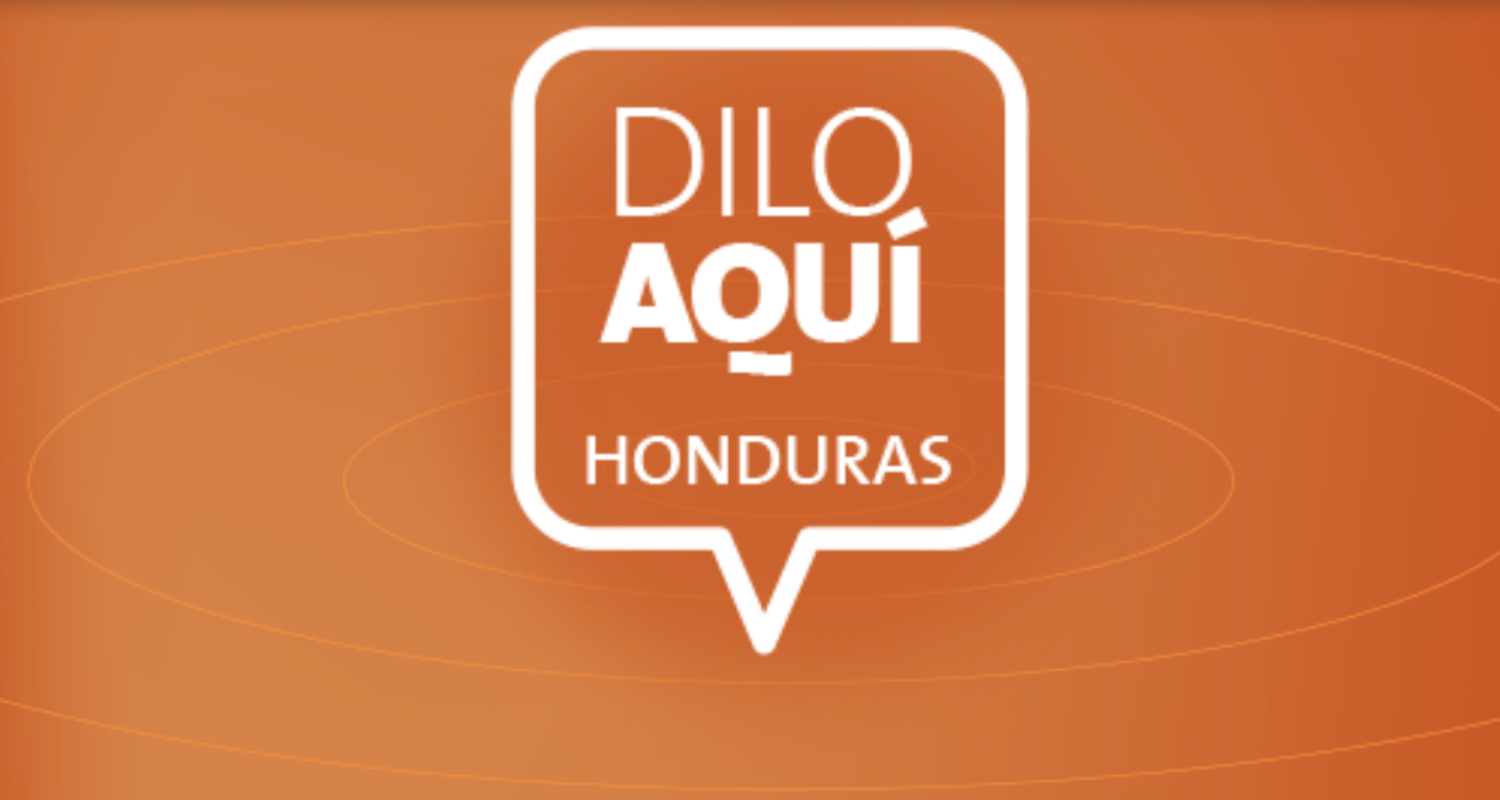By Elizabeth Hickel
•
November 12, 2025
Dear friend, I couldn’t stop looking at the picture. Of course, there had been plenty of inspiring photos from this summer’s Prayer Walk for Peace and Democracy. The sea of blue and white rising and falling as hundreds of thousands walked the Honduran hills through Tegucigalpa, flowing like a never-ending stream. Catholic nuns praying their rosaries alongside Pentecostals dancing in the streets. But the picture that still knocks me flat is the closeup. The one of the two men standing side by side (picture enclosed). They are exhausted, and the shorter collapses into the taller. The tears mostly hold joy and relief, but they are mingled with something darker. After all, there had been threats—promises of harm done to themselves and their loved ones if they led their followers through the streets of Honduras in prayer. Despite the fear and intimidation, Pastor Gerardo Irías and Monsignor José Vicente Nácher forged ahead. They knew Honduras needed unity and, above all, prayer before the looming November 2025 presidential elections. As an ASJ supporter, you know that these kinds of threats aren’t out of the ordinary, and your support has helped slow and reverse violence in Honduras. Today, I am writing to share a way you can continue standing with brave Hondurans like Pastor Gerardo and Monsignor José in hope. The Evangelical pastor and the Catholic archbishop put the word out as widely as they could to their churches, hoping to mobilize 20,000 to walk and pray. Instead, an estimated 230,000 walked in the capital of Tegucigalpa alone. It was a historic moment. And without your past support for ASJ, it may have never happened. After all, two years prior, Pastor Gerardo and Monsignor José didn’t even know each other’s names. They first met in 2023 at ASJ’s offices. They were two of many civil society leaders convened by ASJ to discuss safeguarding democracy– especially before the election in 2025. It was at that meeting that they shook each other’s hand and learned each other’s name. It was at that meeting–and many subsequent meetings–where old religious prejudices began to be replaced by trust and mutual affection. So, when the moment came this summer to act, Pastor Gerardo and Monsignor José knew what they had to do. And they knew that they had to do it together.




















